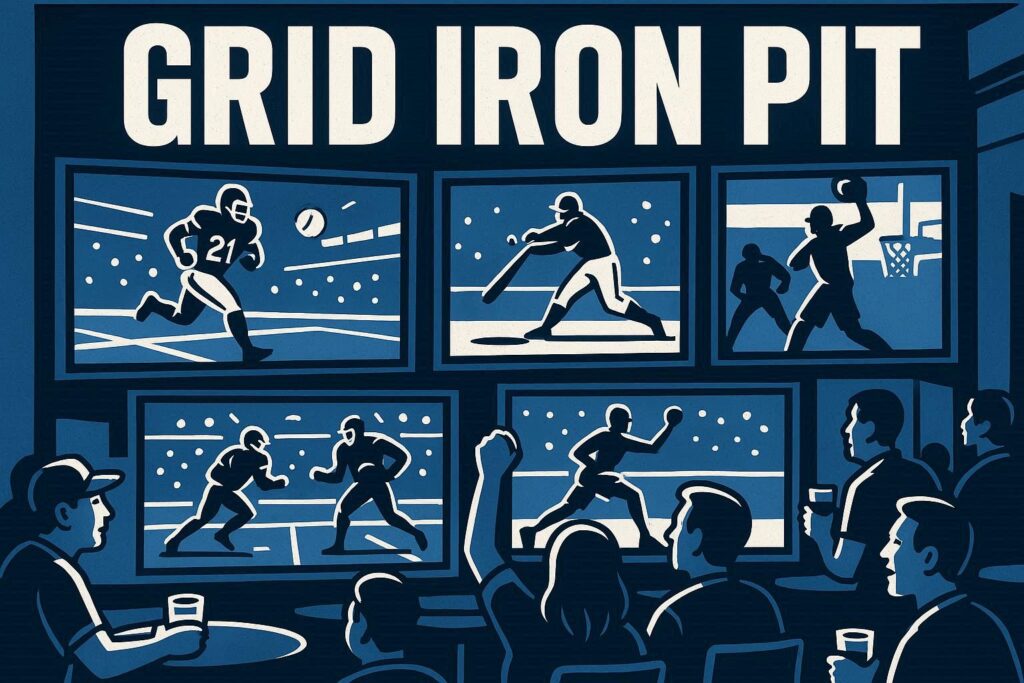It’s not a matter of if, but when.
That’s the opinion of one authority on Ohio state politics regarding the legalization of online casinos in the Buckeye State.
“It’s almost certain to happen. It’s just a question of timing,” said Dr. David Niven, a political science professor at the University of Cincinnati.
There are separate but similar iGaming bills being debated during Ohio’s current legislative session – a two-year session that doesn’t adjourn until December 2026. Lawmakers face a hard deadline of June 30, 2025, however, to pass a state budget.
With the clock winding down, that’s where their priority lies.
“If I were betting on betting, I would take it the over,” Niven continued. “[The budget] is the center of the legislative universe right now. The only way [iGaming legislation] moves quickly is if the dollars in the bill get attached to a very specific purpose. Otherwise, this is going to fall by the wayside for at least the next several months.”
Under the Senate bill (SB 197), sponsored by Republican Nathan Manning, 99% of the estimated $400-800 million in tax revenue from online casinos would go into the state’s general fund, while 1% would be put toward problem gambling causes.
Ultimately, gambling expansion will win out, as is Ohio’s bent, Niven believes. With an eye on tax revenue, the super-majority Republicans will make sure of it.
Whose voices matter?
When it comes to iGaming, Ohio Gov. Mike DeWine is hedging, raising the familiar red flag of the threat of problem gambling, while extolling the tax revenue benefits.
His full support would help move the legislation along, but with a 24-9 majority in the state Senate and a 65-34 advantage in the House, Ohio Republicans will eventually find a way to tap deeper into the gambling revenue well.
That’s also despite the far right’s close ties to evangelicals, who oppose legal gambling.
“The way things get decided in Ohio is, wherever the center of the Republican caucus wins, it gets its way,” Niven said.
We wrote here recently that it’s impossible to construct the legislation to satisfy all stakeholders. During hearings in both state houses, lawmakers have heard from dozens of witnesses with vastly different perspectives – bars and restaurants, bowling alleys, labor unions, religious and other advocacy groups, and gambling companies, who themselves are not in agreement about how the law should be constructed.
Are the legislators even listening?
“The Ohio legislature is absolutely expert at ignoring what people have to say about their bills, so [the hearings are] a pressure valve release,” Niven stressed. ”[They weren’t] really meant to listen to anybody or respond to anybody.”
He added of the minority party, “Democrats are irrelevant in the legislative process in Ohio. They just don’t have the votes, and they have no levers of control.”
Online casino revenue a funding source for Browns’ new stadium?
The idea of public funding for a professional sports team’s stadium rarely sits well with taxpayers. Why should our money be used to help a billionaire owner get even richer, the thinking goes.
Republicans’ initial budget plan that calls for tapping into the state’s unclaimed property fund to help pay for a new stadium for the Cleveland Browns has not been well received by Ohioans.
Putting gambling taxes toward the proposed $2.4 billion facility has also been considered.
“The legislators love any sort of revenue that is not income tax, and obviously that includes this potential revenue,” Niven said.
There’s a history in Ohio of applying “sin taxes” toward stadium funding. In 1990, Cuyahoga County voters approved a tax on tobacco and alcohol to fund the construction of the Indians’ Progressive Field and the Cavaliers’ Gund Arena (now Rocket Mortgage FieldHouse). The Browns’ First Energy Stadium (now Huntington Bank Field) was built partly thanks to an extension of that tax.
This year, Gov. DeWine wanted to double the state’s sports betting tax from 20% to 40% (after it was already doubled from 10% to 20% last year) as a means of funding the Browns’ stadium.
While that proposal was rejected, Republican lawmakers have considered online casino tax revenue as a potential solution. Earmarking gambling money for stadium funding is more palpable to many than using tax dollars that could go to education, infrastructure, public safety, etc.
“If at some point they get to a meeting of the minds on this, this is what could springboard online gambling forward,” according to Niven, “if the governor and legislature come to say, ‘This is the money that would pay for the Browns and would eliminate that headache,’ because they’re a little bit uncomfortable with the idea of just handing state taxpayer dollars to the Browns.”





